A look at Iran-Latin America ties on eve of Raeisi’s visit
Iran’s relations with the Bolivarian bloc of Cuba, Venezuela, Bolivia, Ecuador, Nicaragua, Peru, and more recently, Brazil, have grown warmer in recent years.
President Ebrahim Raeisi will head to Cuba, Nicaragua and Venezuela on Sunday for a tour of Latin America where documents to expand bilateral cooperation on economic, political and scientific issues will be signed between Iran and the three countries.
The Islamic Republic’s involvement with Latin America and the Caribbean has excelled under President Raeisi as indicated by a 20-year “cooperation roadmap” signed during a state visit by Venezuelan President Nicolas Maduro to Tehran in June 2022.
The agreement, the two presidents said then, raised bilateral relations to the “strategic” level, under which they agreed to boost ties in energy, science and technology, agriculture and tourism sectors.
In a joint conference, President Raeisi said then the Islamic Republic of Iran’s foreign policy had always been to have relations with independent countries.
With resistance and anti-hegemony being key constituents of the Bolivarian ethos, the political landscape in Latin America has made a notable shift away from the West in recent years.
It has been marked by a general sense of disillusionment amongst Latin American citizens toward the United States, as well as a rise in anti-liberal attitudes in the region.
This sentiment has been brought about by ongoing economic struggles and dissatisfaction with the liberal policies of recent pro-American governments.
The shift has provided Iran with ample opportunity to expand its relations with Bolivarian countries and look to forge better relations with the countries which have recently re-elected more independent governments, such as Brazil, Chile and Colombia.
At the start of the 21st century, then-President Mahmoud Ahmadinejad established a close relationship with Venezuelan Hugo Chavez, whose Bolivarian ideology aligned with the values presented by the Islamic Republic.
It was through this partnership that Iran developed alliances with other independent leaders, specifically Ecuador’s Rafael Correa and Bolivia’s President Evo Morales.
Between 2005 and 2012, more than 270 agreements were signed, including trade agreements on development projects, vehicle manufacturing, energy policies and banking programs.
In 2008, Iran became a member of the Bolivian Alliance for the People of our America (ALBA), the brainchild of Chavez and Cuba’s Fidel Castro, as an ‘observer state’.
The seeds sown during this period came into fruition in the post-Chavez era in the form of sustained economic cooperation. Current Venezuelan President Maduro has enacted a continued policy of cooperation with Iran, culminating in the 20-year agreement. Iran has signed similar economic cooperation agreements with Cuba, Nicaragua, and the new Bolivian government in Colombia.
Since 2020, Iran has helped repair and overhaul a number of Venezuelan refineries that have suffered from decades of mismanagement, low investments and sanctions.
Iran and Venezuela are both members of the Organization of the Petroleum Exporting Countries (OPEC). Oil, which provides nearly half of the budgets of both Venezuela and Iran, has played a key role in the nature of the economic relations between them.
Under an oil swap agreement signed in 2021, Iran has sent shipments of its heavy crude to help Venezuela ramp up the production of oil and gas to avoid fuel crises that it has seen in recent years.
The level of bilateral cooperation between Iranian and Venezuelan oil companies in terms of exploration and petrochemicals continues to grow, with Tehran announcing assistance in building the platforms for developing oil fields in the Orinoco delta region, estimated at $4 billion, in return for investments inside Venezuela.
Iran’s blossoming relationship with the region continues to hinge upon the strategic cooperation of Venezuela, Cuba and Nicaragua, which are currently subject to broad US-led sanctions.
Tehran wants to weaken America’s attempts to isolate it and its allies internationally by building interests and joint capabilities with Latin American countries, as well as the likes of China and Russia.
Economic cooperation between Iran and these nations is set to become even more prevalent in 2023, following the West’s failure to bring the US back to compliance with the 2015 nuclear deal and remove sanctions on the Islamic Republic.
President Raeisi’s planned visit on Sunday is certainly a step in this direction.
VIDEO | UK Activists plan new flotilla to break Gaza siege
Israeli minister blasts Trump’s ‘Board of Peace’ plan, calls for Gaza occupation
Iran Judiciary says detained rioters not denied medical services
Discover Iran: From red earth and blue seas to green forests – natural wonders of Hormozgan
German economists urge withdrawal of gold reserves from US
Iran files lawsuit in intl. forums against US, Israel over riots
State of emergency across US as monster storm hits 200 million Americans
Trump administration moves to cut funding for ICE body cameras


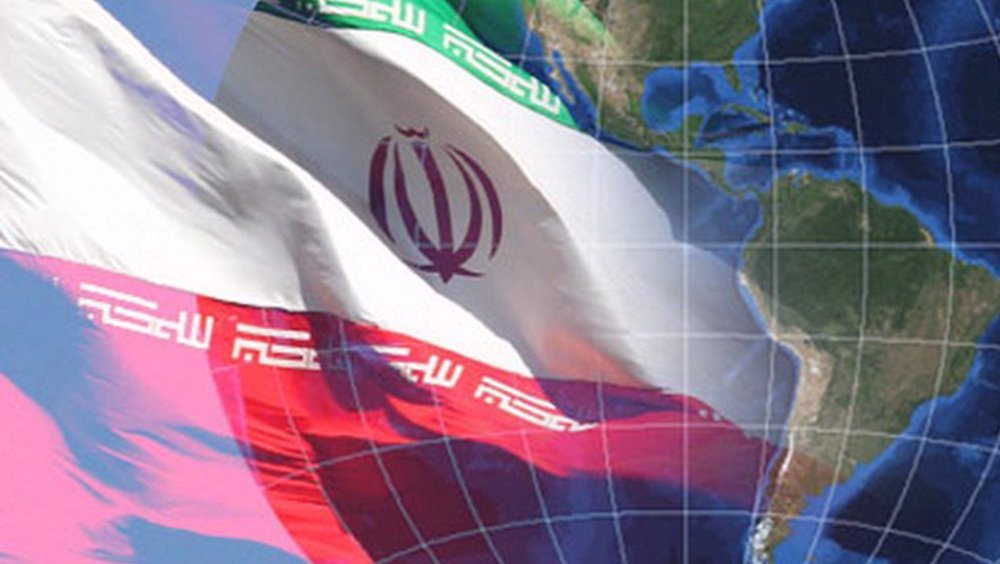
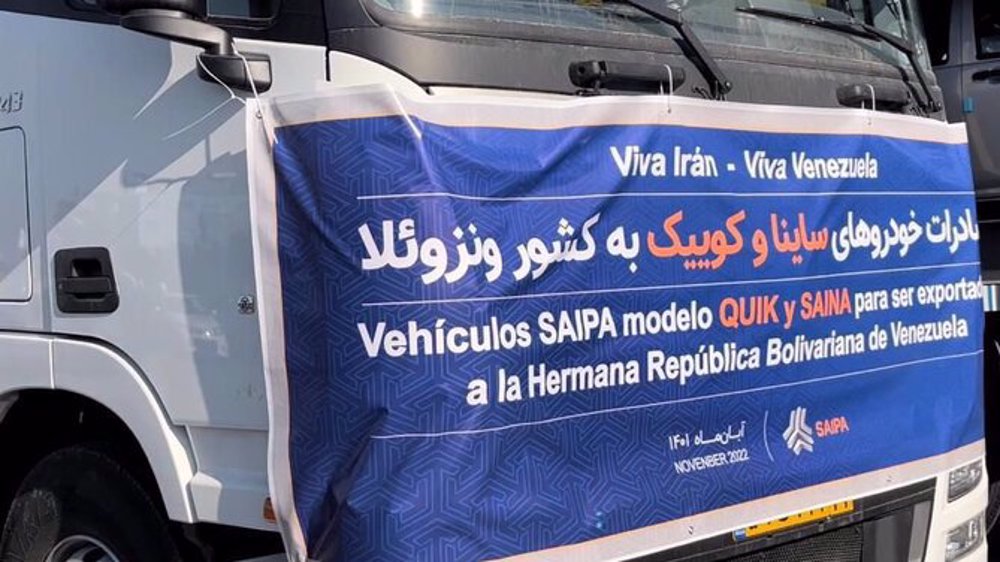
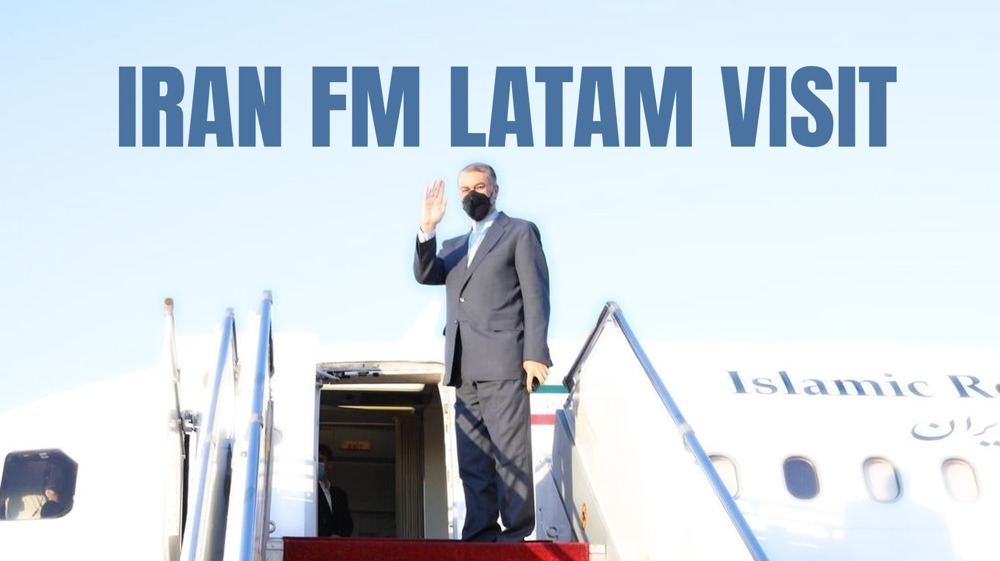
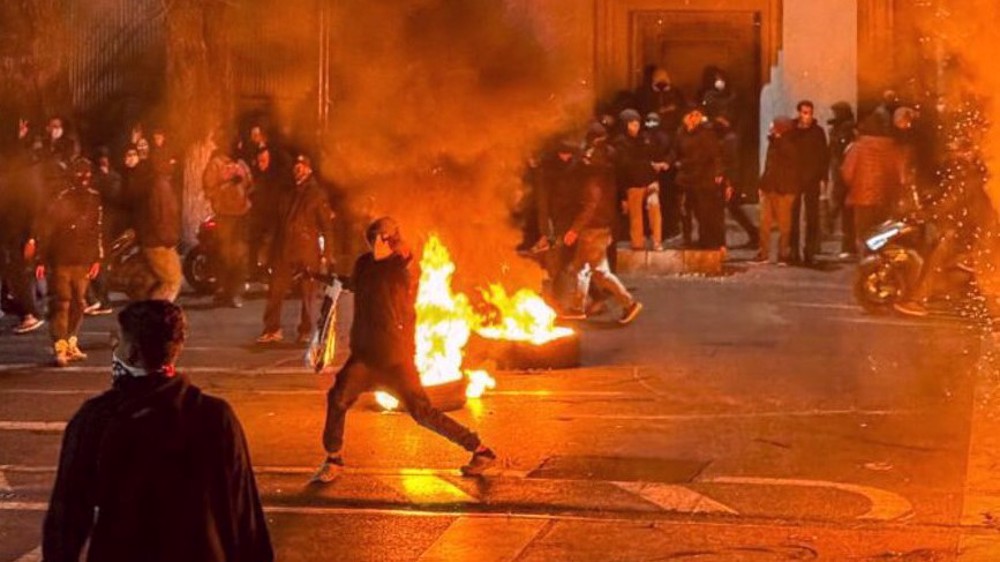
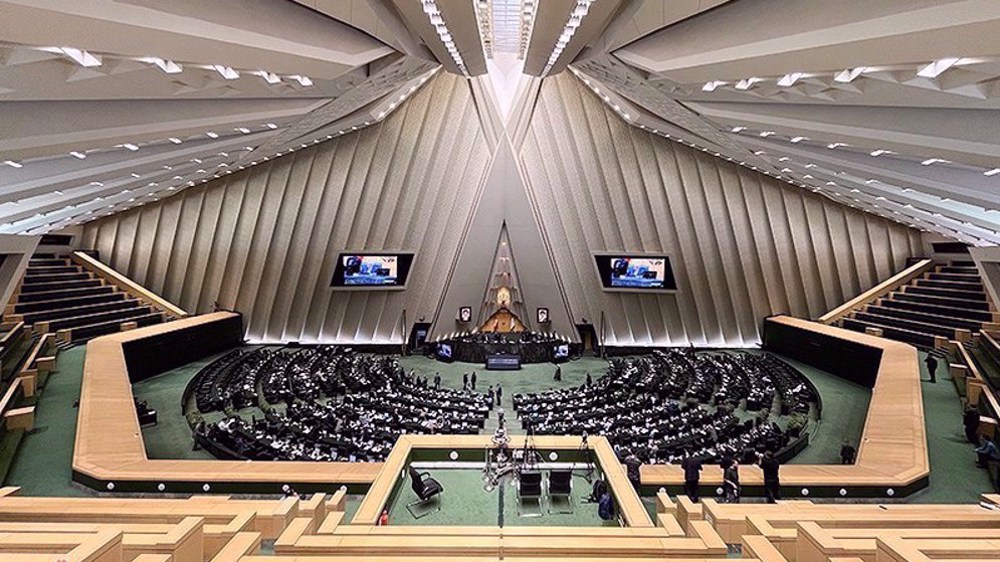
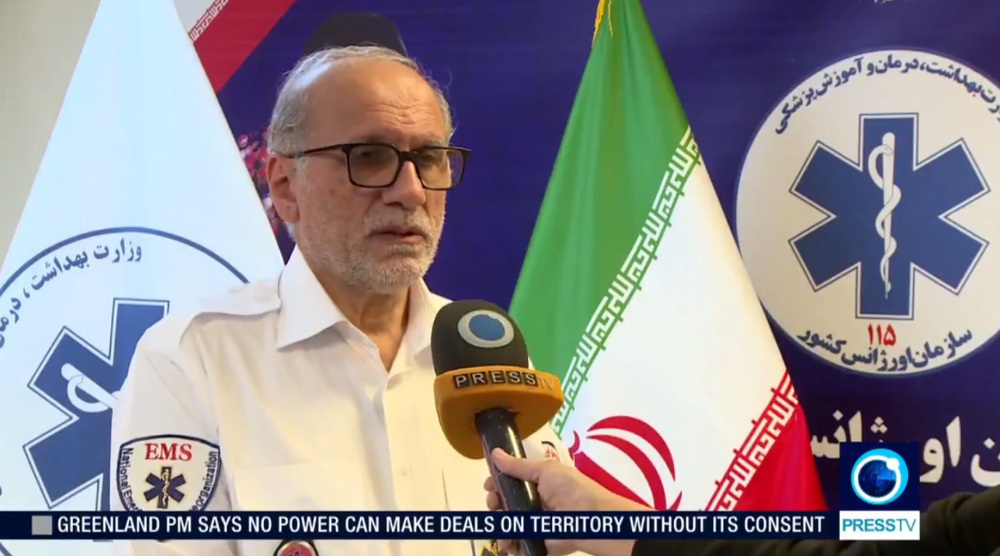




 This makes it easy to access the Press TV website
This makes it easy to access the Press TV website